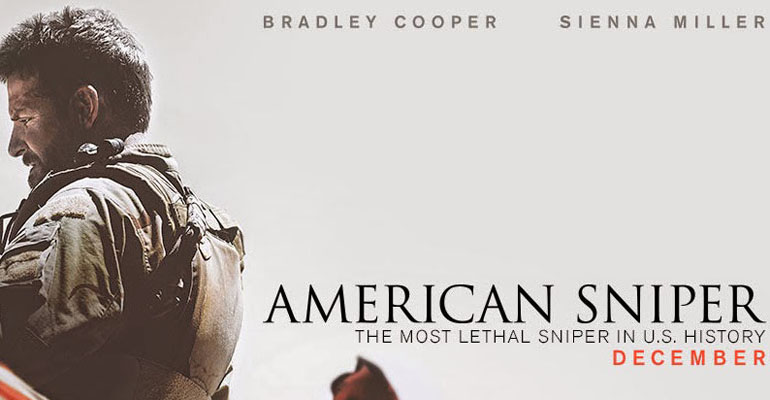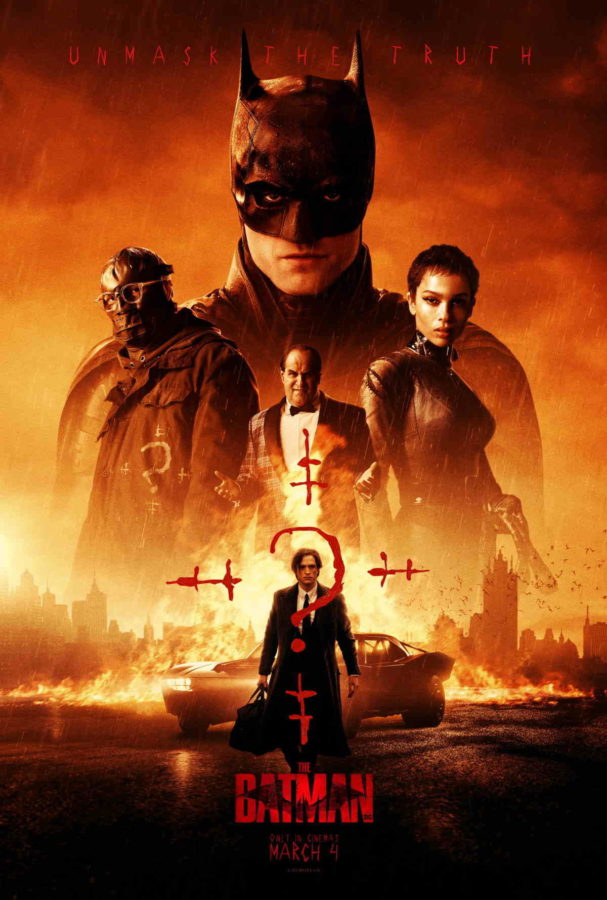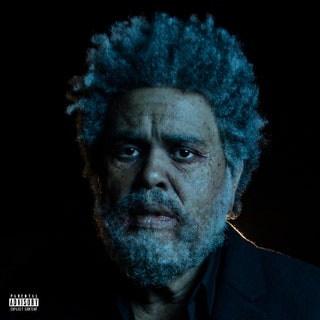In its weekend debut, Clint Eastwood’s new motion picture “American Sniper,” based on the autobiography of Navy Seal Chris Kyle, has racked up a record-breaking $90.2 million at the box office.
The film has already made critics spill a lot of ink on how historically correct or incorrect it might be, based on the fact that it reinterpreted a book that has already caught some heat for the unverifiable information it delivers.
That is the fate of any film based on true events, which has flooded the theaters and sold so well, basically leaving moviegoers with the choice between biopics, Marvel regurgitation features or going home to seek original content on the Internet.
Before high school teachers start screening Eastwood’s Christian conservative candy movie in history classrooms, certain facts have to be laid down.
“American Sniper” is an entertainment-driven movie using patriotism and war as tools to appeal to an incredibly large, yet very precise target audience.
By wanting to touch on Americans’ emotional soft spot of soldiers in the field and at home, and with the overwhelming promotion campaign that had made it unimaginable for anyone on U.S. soil to ignore the film’s release, Eastwood and Warner Bros. unlocked the recipe for success. And the results are showing.
But at what cost? Besides the $60 million production budget that is now cruelly irrelevant, using a legendary filmmaker’s tools and techniques to create an epic and wildly entertaining action movie on a historical topic as sensitive and complex as the war in Iraq cannot be achieved without overlooking, undermining and sometimes entirely skipping very serious issues.
That formula resulted in a single-minded, simplistic and truly insensitive film, or in other words, it resulted in “American Sniper.”
The premise of the movie, much like its development, was simple. The Manichean approach was audaciously and very literally laid out when the all-American Texas dad gave a not-so humbling life lesson to his children at the dinner table.
According to that Texas dad, there are three types of people in the world: sheep, wolves and sheepdogs. Apparently the weak sheep need the help of the glorified sheepdogs to protect themselves from the wicked wolves.
The scenario carefully avoided any political context or understanding of the situation: we go from a newscast of 9/11 straight to Chris Kyle, interpreted by Bradley Cooper, heading to the battlefield. There was no mention of George W. Bush, or of the case of WMDs, because that is not the purpose of the movie.
The film aimed at showing the effect of the war on the average American Joe, who in this case happens to be really good at killing people. An intricate debate on the situation in Iraq could only diminish the thrill of witnessing Muslim freedom fighters fall like flies under the bullets of the Motherland’s warriors.
That allowed the movie to bluntly caricaturize the effects of fighting for a war that no one understands. The soldiers who were indeed concerned about the purpose of the war belonged to the “sheep” category.
The perfect soldier, in contrast, questioned nothing because his whole being was dedicated to his sense of patriotism. That form of alienation, tragic necessity of an efficient army, was celebrated, glorified in the movie.
Set aside the endless clichés delivered to portray the average, middle-class American family as white, attractive and not bothersome to anyone with personality, the depiction of their Middle-Eastern counterparts was incredibly vulgar and demeaning.
The entire population the soldiers encountered in “American Sniper” is reduced to an anti-hero, similar to a comic book villain: vicious and misleading collaborators, helpless families who asked for money in exchange of information and were too foolish to understand that they needed America’s help, or mere faceless terrorist minions, waiting to be shot down to the great joy of a bloodthirsty, flag-waving audience.
I guess I will have to apologize for not having been raised pledging allegiance to the flag of the United States, and rather developing a fairly poor opinion of the effects of nationalism and prevalent militarism on any given population.
I am afraid that might be why, though conscious of residing in south Mississippi, I feel sour, even sick, when witnessing the people in a theater room cheering in front of a film that glorifies acts of violence while shamelessly simplifying extremely complex realities and unapologetically categorizing entire chunks of the world population.































